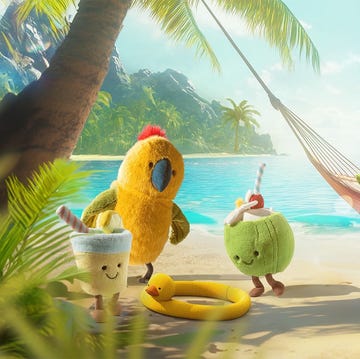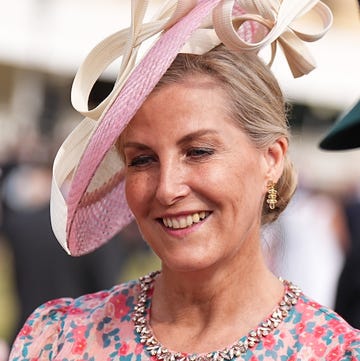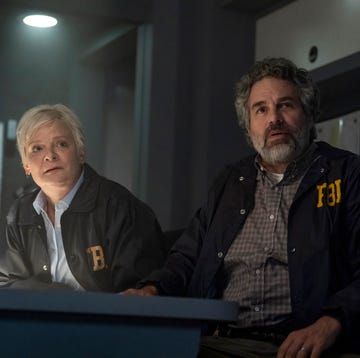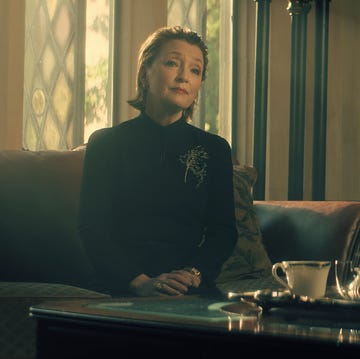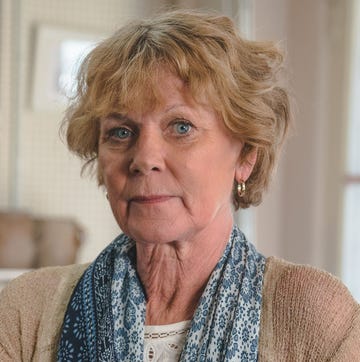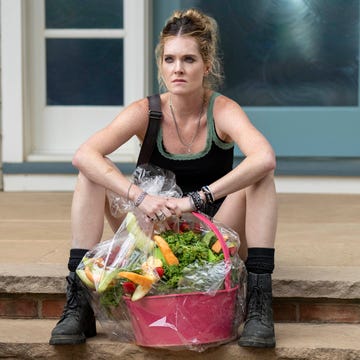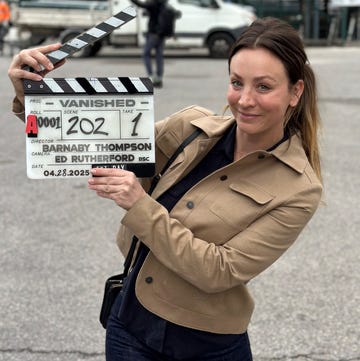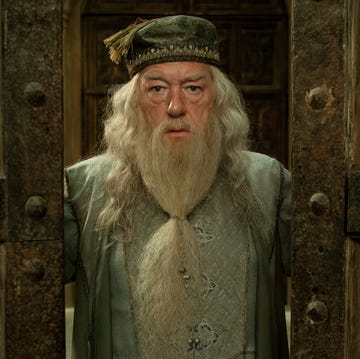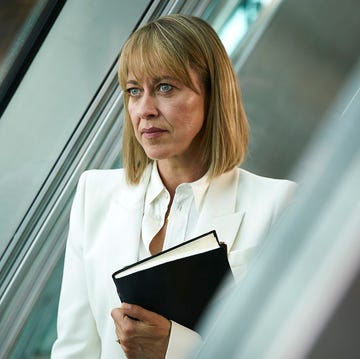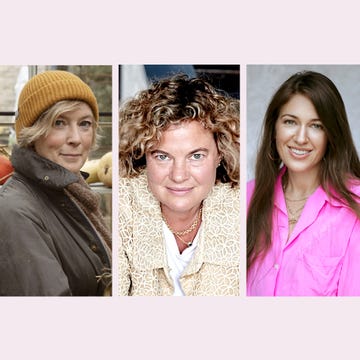If my mother hadn’t told me that a tattered issue of Good Housekeeping contained the only surviving copy of her mother’s short story, I would never have known and could even have binned it in a fit of de-cluttering. I now have the issue carefully labelled and stored, so that my children will understand its importance. My grandmother died soon after I was born, and discovering her in the pages of Good Housekeeping taught me so much not only about her, but about myself, too.
We inherit far more than we know…
Although I’d been told my grandmother and I were similar, I never knew her. So reading her words, I was shocked by how many overlaps there were between her writing and my own. The focus of her story – a woman smuggling a photograph of her crush out of a drawing room – mirrors the sub-plot of my new novel. And there were many lines I could have written myself. Some, like this, left me a little stunned with familiarity: ‘She felt her face beginning to ache with the effort of giving continual forced laughs while Captain Weir went on [about his dream].’ Over a few thousand words, I saw how her humour, preoccupations and responses had been handed down, across nearly a century. It showed me how close you can feel to somebody you never knew.
Question family folklore…
I had always accepted the picture my mother had created for me of my grandmother as funny and compassionate, but also very elegant and efficient. But her story and its protagonist gave me an entirely new impression of her - scatty, emotional, impulsive and easily overwhelmed. The disparity reminded me to keep asking new questions about past generations, while I can. It also made me realise how much people change over a lifetime. It’s easy to pigeonhole family members and never ‘update’ your concept of them, preventing real connection.
Human experience doesn’t change much…
The protagonist in my grandmother’s story is 19, and her anxious internal monologue still absolutely holds true today, as does her wild infatuation with a man she barely knows. My grandmother lived a very different life to me, but often it takes an object from the past to remind us that many of the most important emotions and experiences don’t change that much with time. History was not the cold, buttoned-up place we tell ourselves it was.
Art can reveal more than the truth
I wouldn’t have expected my grandmother’s story to make me feel like I’d met her, but it did – much more than her letters and detailed lists which I’d read before. So many of us leave behind evidence of our imaginations – whether in writing, pictures or even recipes - and these often reveal so much more than posed photographs or self-conscious videos. My other grandmother’s hand-knitting is precious to me in the same way as this story. It captures her essence - just like my own children’s paintings do today. After all, creativity is often our purest expression of self. We should take it seriously and care for it properly.
SO GOOD TO SEE YOU by Francesca Hornak is out now


